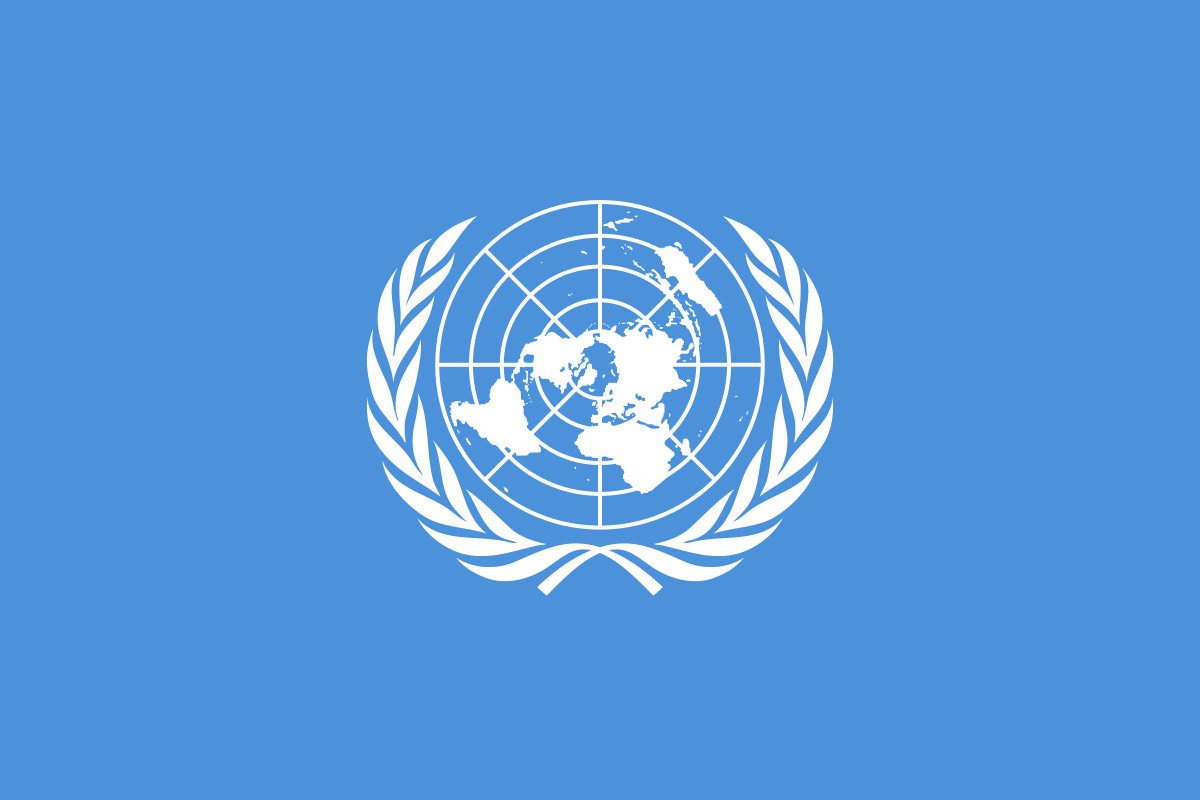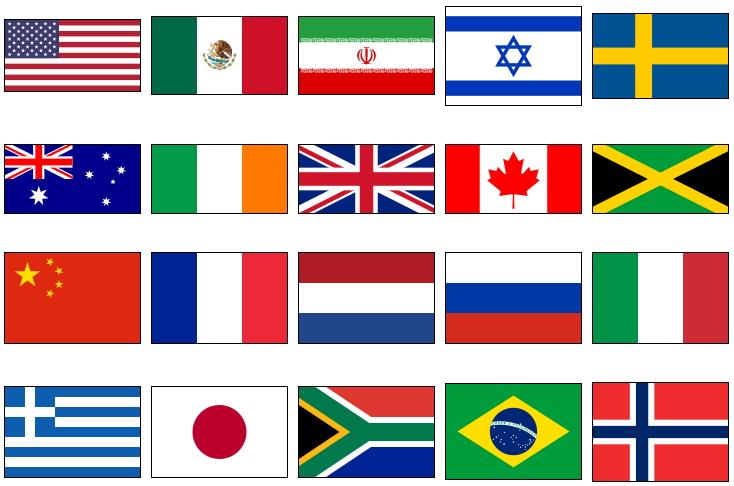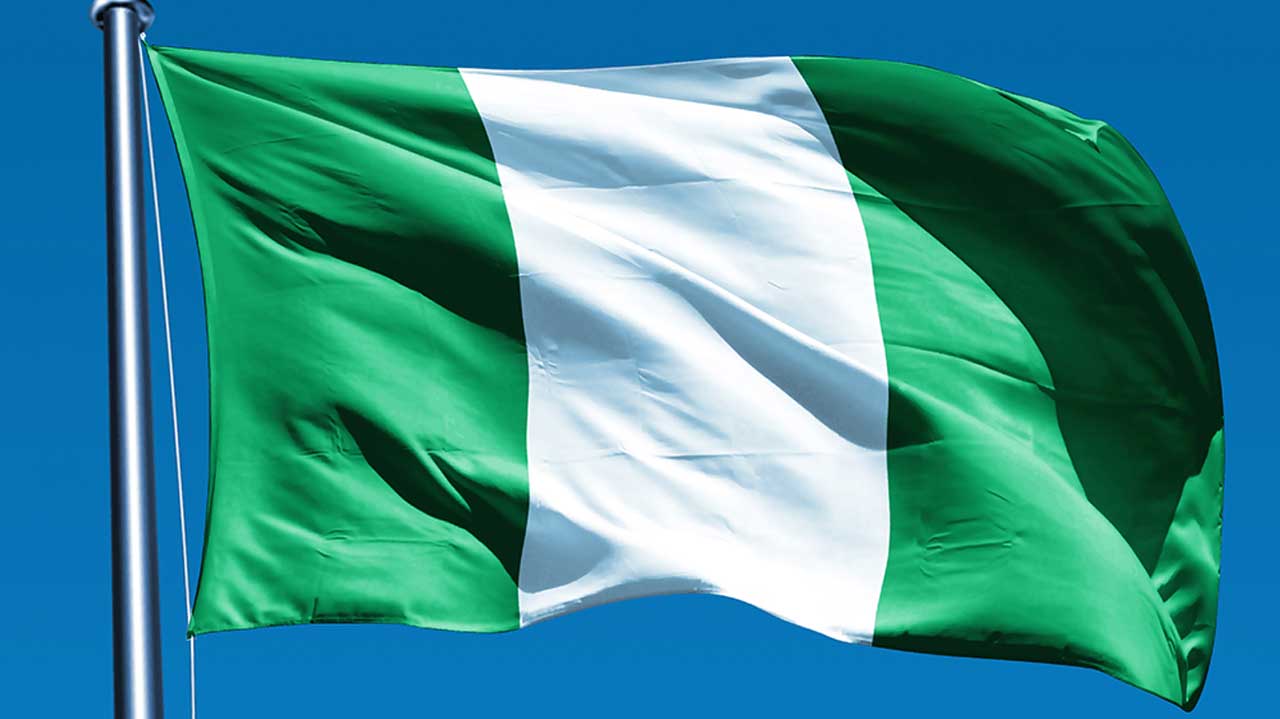The United Nations Office on Drugs and Crime (UNODC) says Nigeria, and West and Central Africa face “disruptive and destabilising” new trends regarding drug trafficking, drug use and other crimes.
The Executive Director of UNODC, Mr Yury Fedotov, said this while briefing the UN Security Council session, presided by Côte d’Ivoire.
The briefing was the council’s first thematic meeting on ‘Drug Trafficking and its Threat to Stability, Peace and Security’, since December 2013.
Fedotov said the UNODC’s 2018 World Drug Report shows that West and Central Africa, along with North African countries, accounted for 87 per cent of pharmaceutical opioids seized globally.
The UNODC chief said: “This is largely due to rising use of tramadol, an opioid painkiller that is widely trafficked for non-medical use in the region.
“Africa, along with Asia, also saw the largest rises in cocaine seizures, suggesting that cocaine trafficking and consumption have spread to these markets.
“Through UNODC AIRCOP, which works in several African airports, we know that heroin seizures are on the rise across the region with Lagos, Accra and Cotonou airports high on the list, closely followed by Bamako, Lomé and Ouagadougou.
“Methamphetamine seizures have now almost reached the same level as cocaine seizures, with Lagos and Cotonou being the main airports concerned.
“Recently, an increased number of seizures of precursors such as Ephedrine and Phenacetine has been recorded at both airports, which may indicate the existence of new laboratories producing psychoactive substances.’’
The head of UNODC noted increasing transiting of opiates through West Africa en route to European and North American markets.
“UNODC is registering new alarming trends on drug trafficking in West and Central Africa with disruptive and destabilising effects on governance, security, economic growth and public health,” he said.
Drug use is also rising across the region, “representing a serious threat to public health,” according to the UN crime fighting chief.
Fedotov noted that the agency estimated that in 2016, there were more than 34 million cannabis users and 1.8 million cocaine users in West and Central Africa.
Only one in 18 drug users with addiction issues have access to medical treatment, Fedotov regretted.
At the same time, he said, the region is grappling with many other crime-related security threats, including arms trafficking, money laundering, human trafficking, cybercrime and maritime piracy as well as threats posed by terrorism.
Fedotov noted that there were strong linkages between illicit trafficking and the financing of armed groups, a fact that the Security Council had recognised before, including in previous presidential statements.
“In August 2018, the Security Council expressed serious concerns about continuing terrorist activities of Boko Haram and other groups in the Lake Chad Basin;
“links between illicit trafficking in wildlife and natural resources and financing of armed groups; maritime insecurity in the Gulf of Guinea;
“and mercenary activities linked to transnational organised crime, including trafficking in persons, arms and drugs as well as the smuggling of migrants.”
He stressed the need for “urgent and determined international action to support and address the threat of drugs and help pave the way for a safer, healthier and more prosperous West and Central Africa”.





